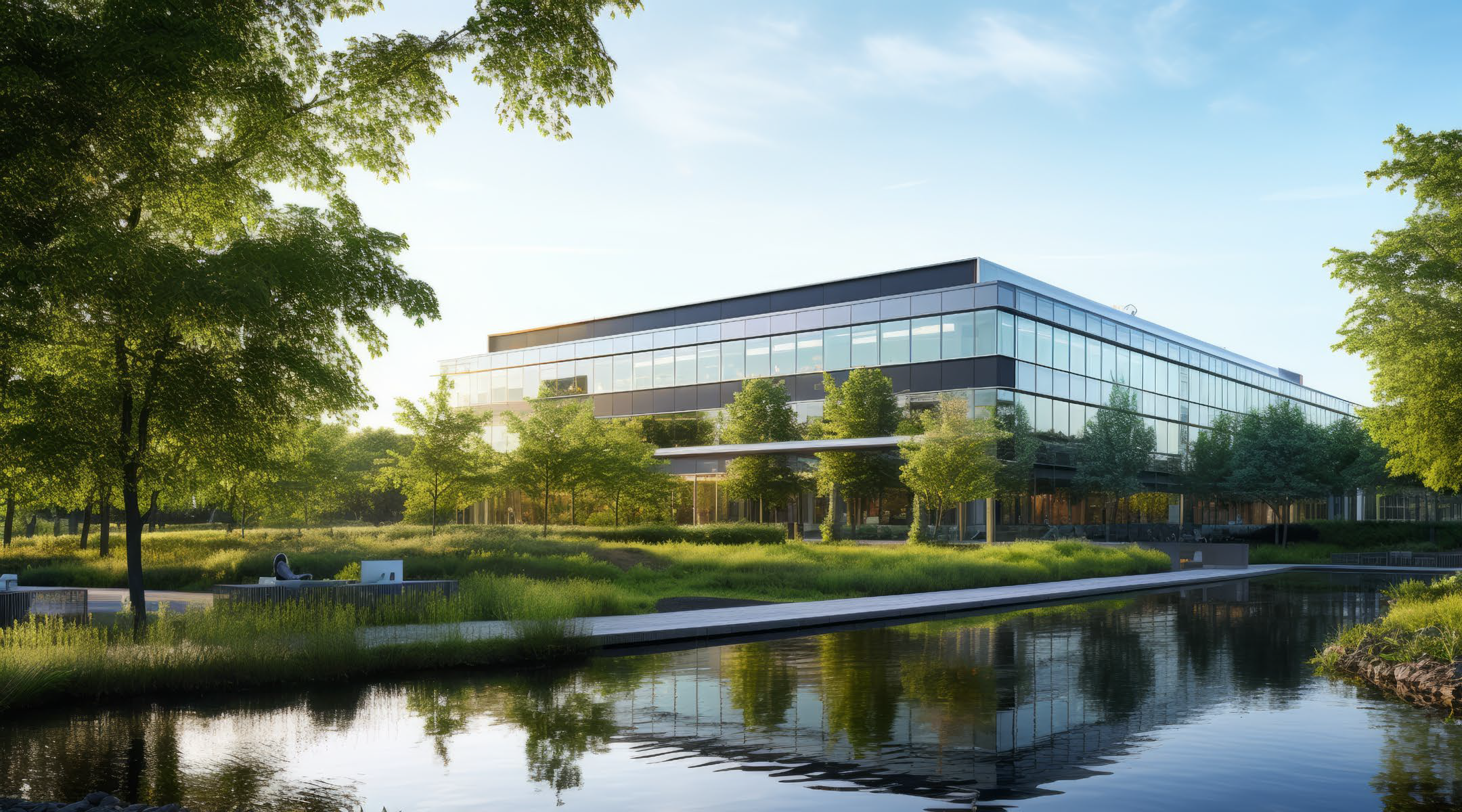Get a Free Quote
Contact:
+91- 882 683 3518

Sustainability & building sciences
Sustainability and building sciences
services focus on creating environmentally responsible and resource-efficient buildings throughout their lifecycle, from design and construction to operation and maintenance.
Here is a detailed description of the key components typically offered by a firm specializing in these services:
Sustainability Consulting
- Sustainable Design Strategies: Advising on strategies to integrate sustainability into the design and construction process.
- Green Building Certifications: Assisting clients in obtaining green building certifications such as LEED, BREEAM, WELL, and Passive House.
- Life Cycle Assessment (LCA): Conducting life cycle assessments to evaluate the environmental impact of building materials and systems over their entire lifecycle.
Energy Modeling and Analysis
- Energy Efficiency Assessments: Performing detailed energy audits and assessments to identify opportunities for improving energy efficiency.
- Building Energy Modeling: Creating energy models to simulate building performance and predict energy consumption.
- Renewable Energy Integration: Evaluating and designing systems for integrating renewable energy sources, such as solar panels and wind turbines, into building projects.
Building Envelope Analysis
- Thermal Performance: Analyzing the thermal performance of the building envelope to enhance insulation and reduce energy loss.
- Air Tightness Testing: Conducting air tightness tests (e.g., blower door tests) to ensure the building envelope is properly sealed and energy-efficient.
- Moisture Management: Designing strategies to manage moisture and prevent condensation, mold growth, and structural damage.
Indoor Environmental Quality (IEQ)
- Air Quality Testing: Testing and monitoring indoor air quality to ensure a healthy and comfortable indoor environment.
- Lighting Design: Designing lighting systems that maximize natural light, reduce energy consumption, and improve occupant well-being.
- Acoustic Performance: Assessing and enhancing acoustic performance to minimize noise pollution and improve indoor sound quality.
Sustainable Materials and Resources
- Material Selection: Recommending sustainable materials with low environmental impact, high recycled content, and low VOC emissions.
- Waste Management: Developing waste management plans to reduce, reuse, and recycle construction and demolition waste.
- Resource Efficiency: Implementing strategies for efficient use of resources, such as water-saving fixtures and systems.
Water Management
- Water Efficiency: Designing water-efficient plumbing systems and fixtures to reduce water consumption.
- Rainwater Harvesting: Developing systems for collecting and utilizing rainwater for non-potable uses such as irrigation and toilet flushing.
- Stormwater Management: Designing stormwater management systems to control runoff, reduce flooding, and improve water quality.
Building Performance Monitoring
- Commissioning: Conducting building commissioning to ensure all systems are installed and functioning as intended.
- Performance Monitoring: Implementing systems for ongoing monitoring of building performance, including energy use, water use, and indoor environmental quality.
- Post-Occupancy Evaluation: Conducting evaluations after occupancy to assess the building’s performance and occupant satisfaction.
Sustainable Site Planning
- Site Selection: Advising on site selection to minimize environmental impact and maximize sustainability opportunities.
- Landscape Design: Designing sustainable landscapes that reduce water use, support biodiversity, and enhance the natural environment.
- Transportation Planning: Integrating sustainable transportation options, such as bike storage, electric vehicle charging stations, and access to public transit.
Resilience and Climate Adaptation
- Climate Resilience: Designing buildings and systems to withstand extreme weather events and changing climate conditions.
- Disaster Preparedness: Developing strategies for disaster preparedness, including backup power systems and emergency response plans.
- Adaptation Strategies: Implementing design and operational strategies to adapt buildings to future climate changes and environmental challenges.
Education and Training
- Workshops and Seminars: Conducting educational workshops and seminars on sustainability and building sciences for clients and stakeholders.
- Staff Training: Providing training for building operators and maintenance staff on sustainable practices and systems management.
- Public Awareness: Promoting sustainability awareness and engagement among building occupants and the wider community.
Regulatory Compliance and Reporting
- Regulatory Guidance: Advising on compliance with local, national, and international sustainability regulations and standards.
- Sustainability Reporting: Preparing sustainability reports and documentation for regulatory compliance and certification purposes.
- Carbon Footprint Analysis: Conducting carbon footprint analyses to measure and reduce the building’s greenhouse gas emissions.
Innovative Technologies and Practices
- Smart Building Technologies: Integrating smart building technologies to optimize building performance and sustainability.
- Biophilic Design: Incorporating biophilic design principles to connect building occupants with nature and enhance well-being.
- Net-Zero Energy Design: Designing buildings that produce as much energy as they consume, achieving net-zero energy status.
Firms offering sustainability and building sciences services aim to create buildings that are not only environmentally responsible but also economically viable and socially beneficial. They integrate advanced technologies and innovative practices to enhance building performance, reduce environmental impact, and promote occupant health and well-being.
